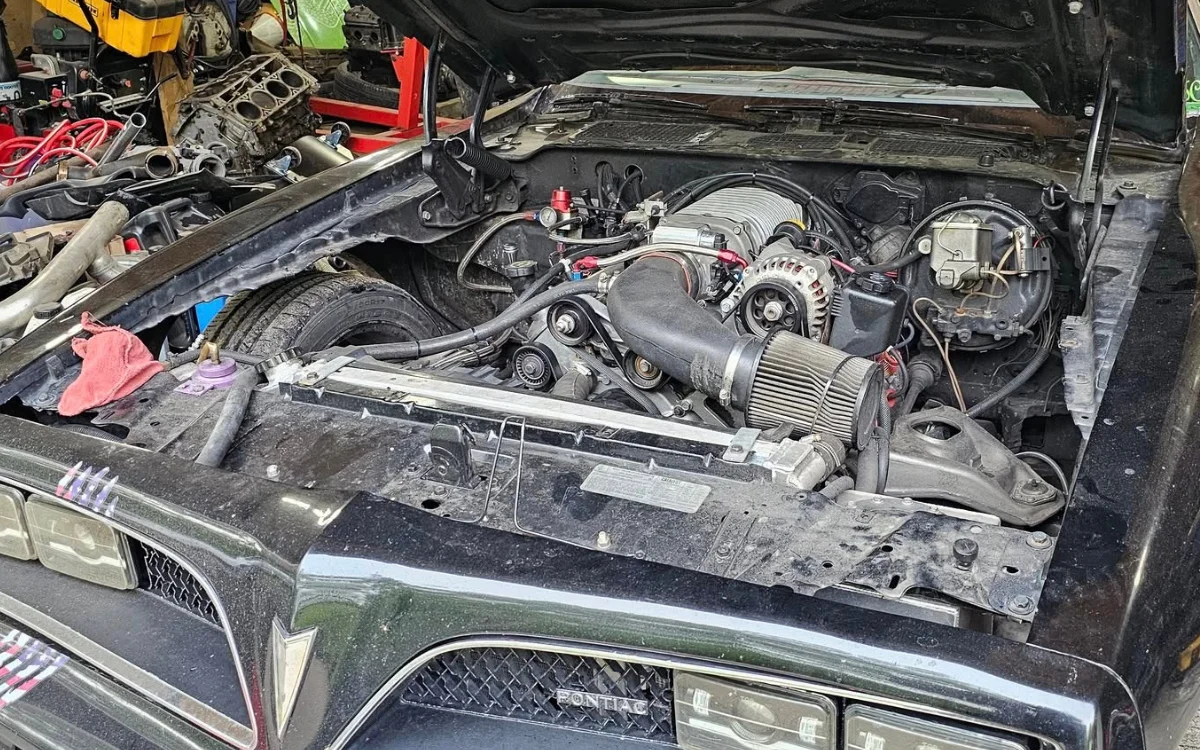BNB Chain Maxwell Hard Fork Goes Live
The post BNB Chain Maxwell Hard Fork Goes Live appeared on BitcoinEthereumNews.com. BNB Smart Chain’s Maxwell upgrade has gone live, with average block times falling to 0.8 seconds, down from 1.5 on Monday. The Maxwell hard fork aimed to cut block times in half, among other upgrades. BNB Chain said on Thursday that the Maxwell upgrade will make transactions faster for users, create more responsive decentralized applications (DApps) for developers, lower the latency for decentralized finance, boost scalability, validator sync and improve overall network efficiency. “This isn’t just another upgrade — it’s a technical leap forward for faster blocks, better validator coordination, and smoother network performance,” the BNB Chain team said. BNB Chain’s block time has already dropped from 1.5 seconds to 0.8. Source: BscScan The Maxwell hard fork time was scheduled to go live on June 30 at 2:30 am UTC, according to a GitHub proposal, following the testnet launch on May 26. Hard fork hopes to make messaging faster, more efficient The Maxwell hard fork had three main proposals, BEP-524, BEP-563, and BEP-564, designed to “improve core aspects of the chain’s speed and reliability,” according to BNB Chain. Proposal BEP-563 was designed to improve peer-to-peer messaging between validators, allow faster block proposal communication, create a more stable validator network and reduce the risk of missed votes or sync delays. “This reduces the risk of missed votes or delayed proposals — key for hitting that 0.75s target,” the BNB Chain team said. Source: BNB Chain developers BEP-564 is supposed to introduce two new message types to the protocol: GetBlocksByRangeMsg, which can request multiple recent blocks in a single call, and RangeBlocksMsg, which will return all requested blocks in one response. The BNB Chain team said this “significantly improves sync speeds across the network.” BEP-524 reduces the block time, following the Lorentz upgrade in April, which shaved the time from three…

The post BNB Chain Maxwell Hard Fork Goes Live appeared on BitcoinEthereumNews.com.
BNB Smart Chain’s Maxwell upgrade has gone live, with average block times falling to 0.8 seconds, down from 1.5 on Monday. The Maxwell hard fork aimed to cut block times in half, among other upgrades. BNB Chain said on Thursday that the Maxwell upgrade will make transactions faster for users, create more responsive decentralized applications (DApps) for developers, lower the latency for decentralized finance, boost scalability, validator sync and improve overall network efficiency. “This isn’t just another upgrade — it’s a technical leap forward for faster blocks, better validator coordination, and smoother network performance,” the BNB Chain team said. BNB Chain’s block time has already dropped from 1.5 seconds to 0.8. Source: BscScan The Maxwell hard fork time was scheduled to go live on June 30 at 2:30 am UTC, according to a GitHub proposal, following the testnet launch on May 26. Hard fork hopes to make messaging faster, more efficient The Maxwell hard fork had three main proposals, BEP-524, BEP-563, and BEP-564, designed to “improve core aspects of the chain’s speed and reliability,” according to BNB Chain. Proposal BEP-563 was designed to improve peer-to-peer messaging between validators, allow faster block proposal communication, create a more stable validator network and reduce the risk of missed votes or sync delays. “This reduces the risk of missed votes or delayed proposals — key for hitting that 0.75s target,” the BNB Chain team said. Source: BNB Chain developers BEP-564 is supposed to introduce two new message types to the protocol: GetBlocksByRangeMsg, which can request multiple recent blocks in a single call, and RangeBlocksMsg, which will return all requested blocks in one response. The BNB Chain team said this “significantly improves sync speeds across the network.” BEP-524 reduces the block time, following the Lorentz upgrade in April, which shaved the time from three…
What's Your Reaction?








































